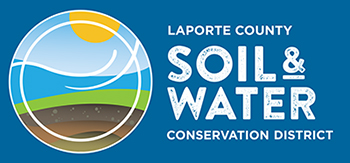Classroom Programs are 45 minutes to 1 hour in length, and some require an outdoor space, science lab or art room. Past program topics have included those below; please contact our office for current programming options.
Citizen Science – BeeSpotter and Hoosier River Watch
Climate Change – Impacts, mitigation, best practices for a sustainable future
May the Forest Be With You, Always – Forest stewardship and conservation activities and lessons
Pollinators & Pollinator Habitat
Watersheds – What is a watershed and how do we protect it?
Build -a- Soil – Learn about soil structure with building bricks
Soil History Lab – This program is designed for 4th grade. Learn a little bit of history by discussing the Dust Bowl – its cause and effect on American history and the conservation movement. Hands-on activities demonstrate mechanical vs. chemical weathering, different types of erosion, and look at practices humans can do to mitigate the impacts of erosion on the environment.
Stream Sampling/Water Quality Field Trips – We can meet you and your class at a local stream to do macroinvertebrate sampling, water chemistry, habitat and watershed studies. This field trip is tailored to your group’s needs and location.
Sandhill Cranes – Learn about sandhill cranes, their migration patterns, and significance in Indiana, via sounds, images, maps, and art.
Teacher Loan Program – contact us for educational material trunks you can borrow for your classroom
For program scheduling or questions contact the SWCD office at 219.326.6808 ext. 2112 or email: lschwab@laporteco.in.gov
